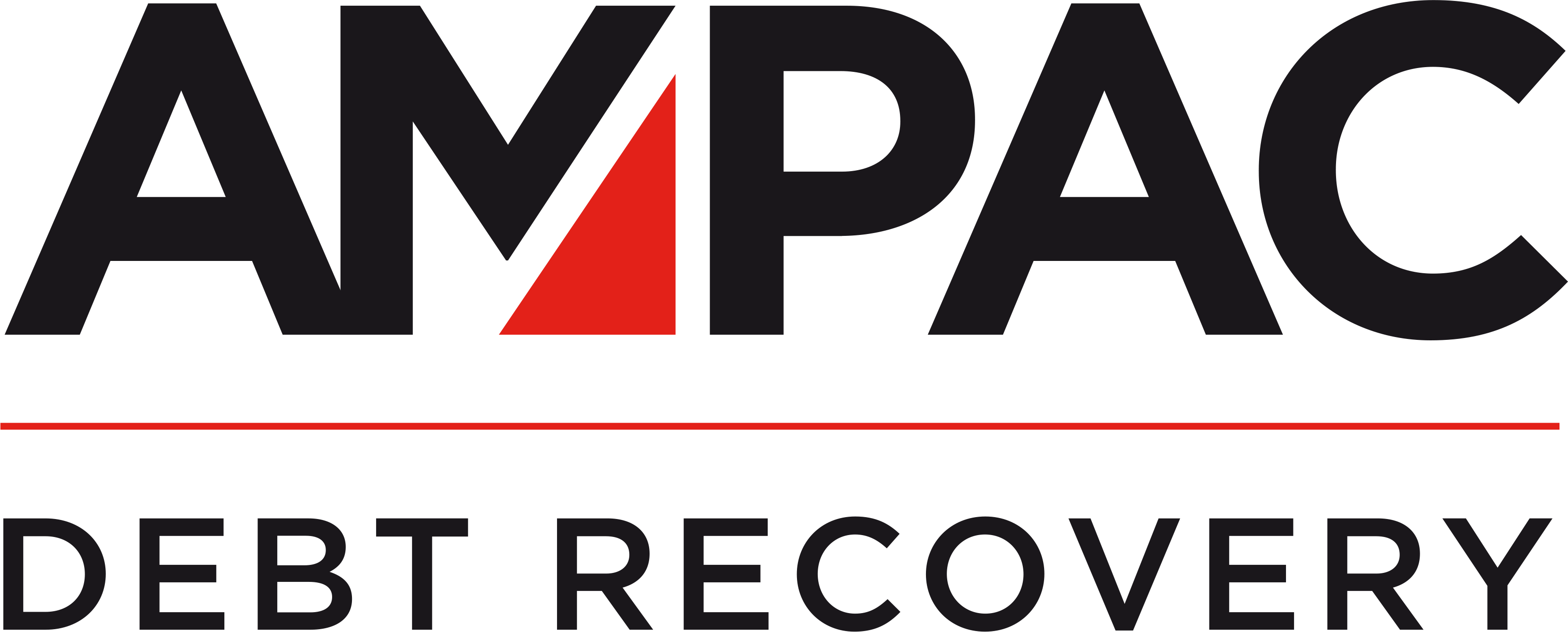Home / Extended Moratorium on Statutory Demands Poses Long term Risks for Credit Providers
The moratorium on statutory demands has been extended from 30th September to 31st December 2020. It is a widely held view that a continuation of the moratorium will do more long term damage to the economy than any benefits derived by the temporary reprieve for insolvent entities.
Analysis of insolvency data prepared by Rodgers Reidy supports the view that there will be a significant increase in corporate insolvency once the moratorium on wind up and bankruptcy actions is lifted. This will present a number of challenges for both the insolvency profession (in terms of the volume of potential insolvencies) and credit providers (in terms of the volume of bad debts) alike.

For the July – August 2020 period compared to July – August 2019, the data indicates a significant reduction in the number of reported insolvency actions.

To put this in some context, corporate and personal insolvency is a natural part of the economic cycle, and a way for the economy to cleanse and make way for stronger performers and new businesses to emerge. In most cases the process of insolvency removes businesses and individuals that drain the economy, in part by causing bad debts.
There has been a lot written recently about ‘zombie’ organisations, and these numbers support the theory that there are many entities being kept alive artificially. When the moratorium on statutory demands ends, it is likely that many of these organisations will only be more insolvent than before the pandemic took hold. This means there will be less money available for distribution to creditors, and if the moratorium continues in its current form beyond December, the negative impact on the economy will more likely be greater than if the majority were simply allowed to fail.
Whilst directors are still required to act in the best interests of the company and its creditors, there will no doubt be many that seek to take advantage of a weaker enforcement regime and incur debts that cannot be repaid.
Throughout the pandemic, the team at AMPAC have worked tirelessly to achieve high recovery rates across all portfolios, even without the leverage of the statutory demand. Alternative enforcement activity such as writs, garnishees and, examinations as well as the use of caveats and personal guarantees have resulted in large and small matters being resolved quickly and cost effectively.
The fundamentals of credit management and debt recovery remain unchanged, and the team at AMPAC are here to assist in any way we can. If you have a question or concern about any of your customers, or their circumstances, please don’t hesitate to contact us at sales@4ampac.com.au

For advice on anything to do with debt recovery, call AMPAC on 1300 426 722 or email us at sales@4ampac.com.au

Do you have debt that needs recovering? Are you unsure on where to start? Contact AMPAC Debt Recovery for solutions today and speak to one of our qualified consultants to get you started.
Please fill in your details below to get instant access to Selecting the Right Collection Agency for Your Business